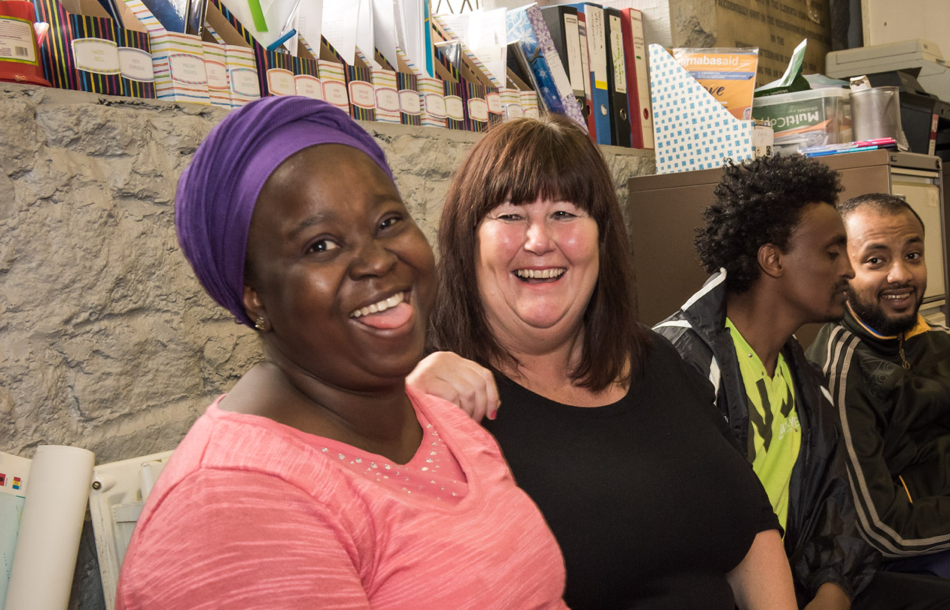What are we doing?
Our Vital Signs research considers aspects of diversity, equity and inclusion in relation to the region’s challenges and opportunities. This is a particular focus of Vital Signs – Access. Previously, we have published Vital Signs reports on diversity, equity and inclusion. They examine the experience of five groups whose contribution to the vibrancy of our region is often inhibited by deep-seated inequalities: women; people with learning disabilities; Black, Asian and minority ethnic communities; disabled people and lesbian, gay, bisexual and transgender communities.
Our Diversity, Equity and Inclusion Policy resulted from listening to our membership of individuals, voluntary organisations, businesses and public bodies. We reviewed and updated the policy in 2024.
Our strategy from 2025 commits us to striving to have the greatest impact for communities most affected by the region’s challenges, including those who face prejudice and discrimination.
We also use diversity data to support recruitment so we better reflect our communities. At the end of 2021, we agreed and published benchmarks for the diversity of our staff and trustees against which we now measure ourselves. We have updated these measures every year since.




